May 17th
By Connor Richardson with Recommendations from the Lit and Phil.

Girl, Woman, Other
Bernardine Evaristo | Fiction
This is Britain as you’ve never read it.
This is Britain as it has never been told.
‘Beautifully interwoven stories of identity, race, womanhood, and the realities of modern Britain. The characters are so vivid, the writing is beautiful and it brims with humanity’
Nicola Sturgeon
From Newcastle to Cornwall, from the birth of the twentieth century to the teens of the twenty-first, Girl, Woman, Other follows a cast of twelve characters on their personal journeys through this country and the last hundred years. They’re each looking for something – a shared past, an unexpected future, a place to call home, somewhere to fit in, a lover, a missed mother, a lost father, even just a touch of hope . . .
THE SUNDAY TIMES 1# BESTSELLER & BOOKER PRIZE WINNER
BRITISH BOOK AWARDS AUTHOR & FICTION BOOK OF THE YEAR 2020
History of Violence
Édouard Louis | Autobiographical fiction
The radical, urgent new novel from the author of The End of Eddy – a personal and powerful story of violence.
‘It stays with you’
The Times
‘A heartbreaking novel’
John Boyne
I met Reda on Christmas Eve 2012, at around four in the morning. He approached me in the street, and finally I invited him up to my apartment. He told me the story of his childhood and how his father had come to France, having fled Algeria.
We spent the rest of the night together, talking, laughing. At around 6 o’clock, he pulled out a gun and said he was going to kill me. He insulted me, strangled and raped me. The next day, the medical and legal proceedings began.
History of Violence retraces the story of that night, and looks at immigration, class, racism, desire and the effects of trauma in an attempt to understand a history of violence, its origins, its reasons and its causes.
Transgender History
Susan Stryker | Non-fiction
Covering American transgender history from the mid-twentieth century to today, Transgender History takes a chronological approach to the subject of transgender history, with each chapter covering major movements, writings, and events.
An invaluable text for anyone who wants to better understand evolving concepts of gender. Essential.
CHOICE
Chapters cover the transsexual and transvestite communities in the years following World War II; trans radicalism and social change, which spanned from 1966 with the publication of The Transsexual Phenomenon, and lasted through the early 1970s; the mid-’70s to 1990-the era of identity politics and the changes witnessed in trans circles through these years; and the gender issues witnessed through the ’90s and ’00s.
Ground-breaking and all-around excellent.
Autostraddle
Transgender History includes informative sidebars highlighting quotes from major texts and speeches in transgender history and brief biographies of key players, plus excerpts from transgender memoirs and discussion of treatments of transgenderism in popular culture.
This timely and relevant book should be required reading.
Portland Book Review
And Tango Makes Three
Justin Richardson, Peter Parnell & Henry Cole | Childrens
Roy and Silo are two boy penguins who live in the zoo in New York’s Central Park. They like to spend all their time together, and so just as the boy and girl penguins begin to build nests, so do Roy and Silo.
But then eggs start to appear in all the other nests, and Roy and Silo’s nest remains empty. So the penguin keeper gets the idea to give them an egg that’s not wanted by another couple.
This is a really delightful story and the message behind it is subtle. It’s a true story, and you can learn more about it in a note at the end.
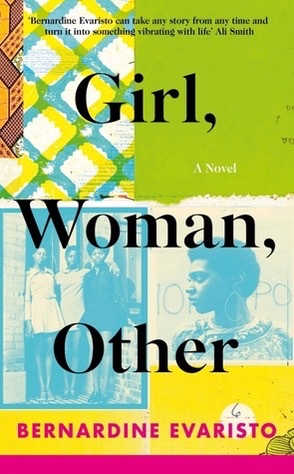
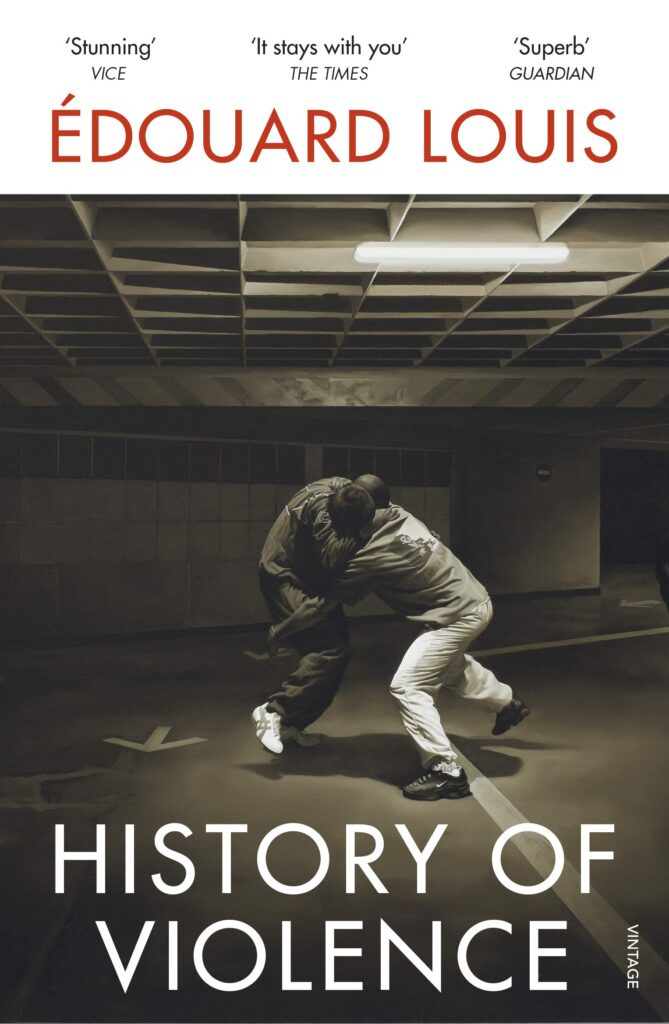
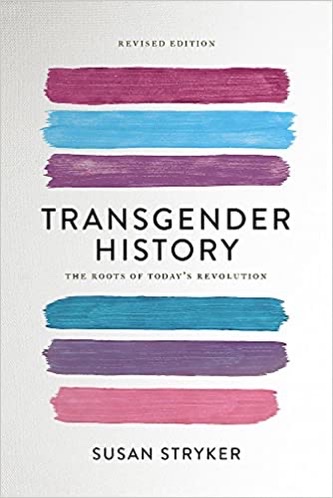
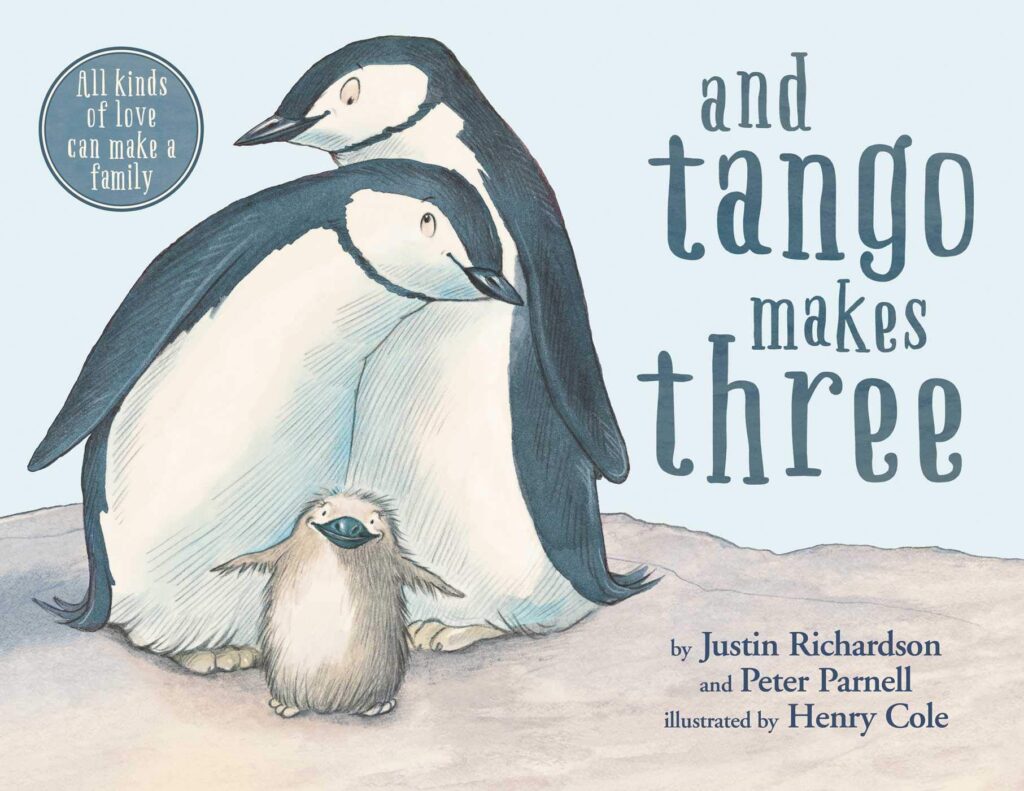

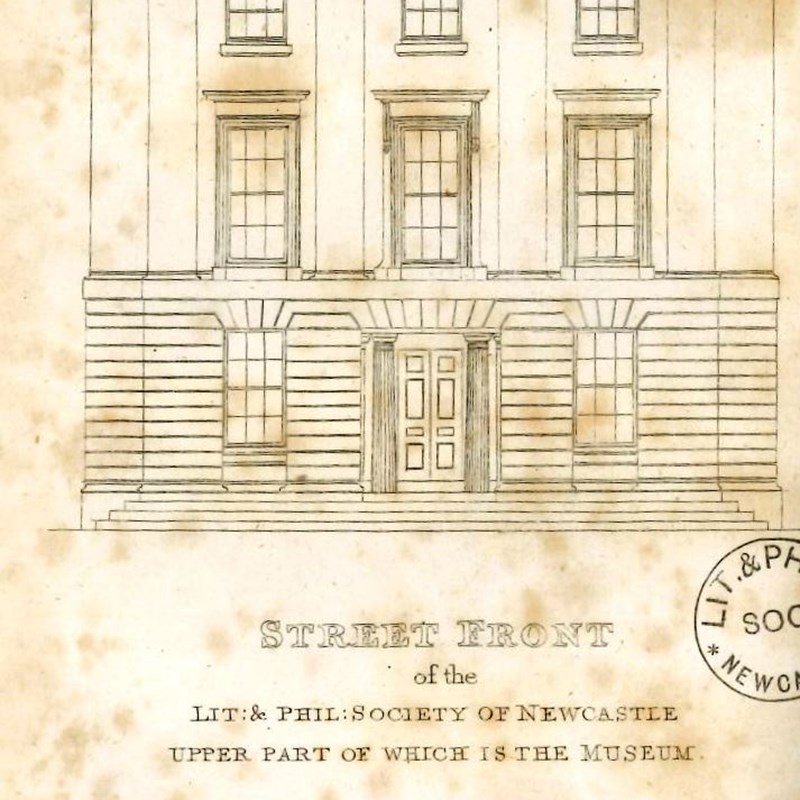
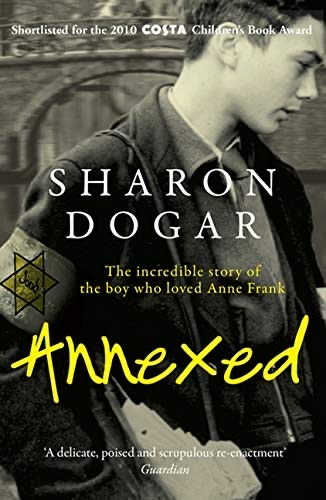
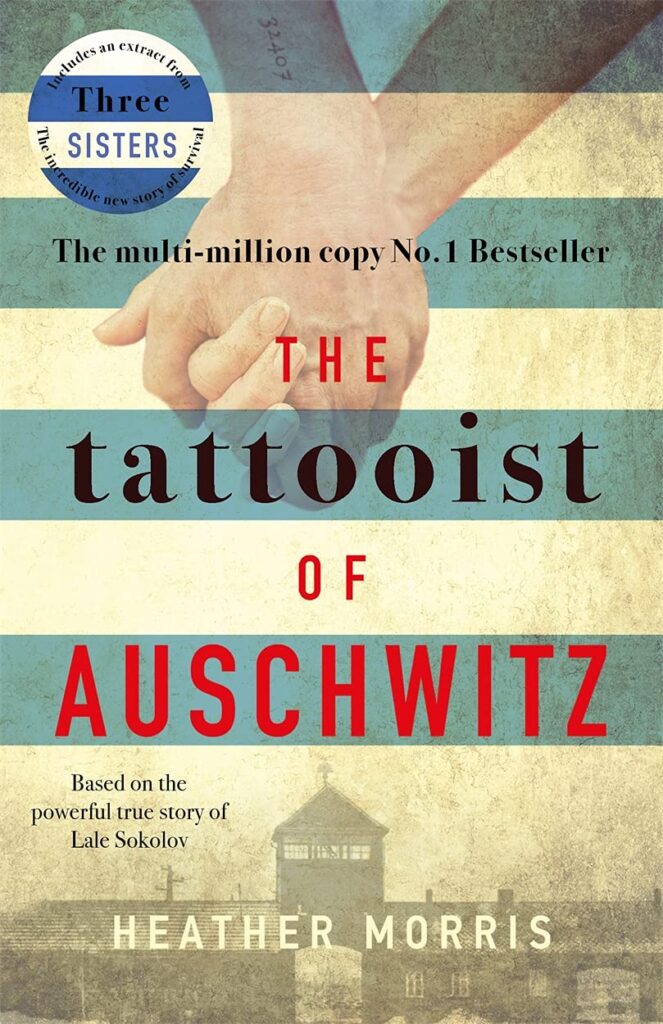
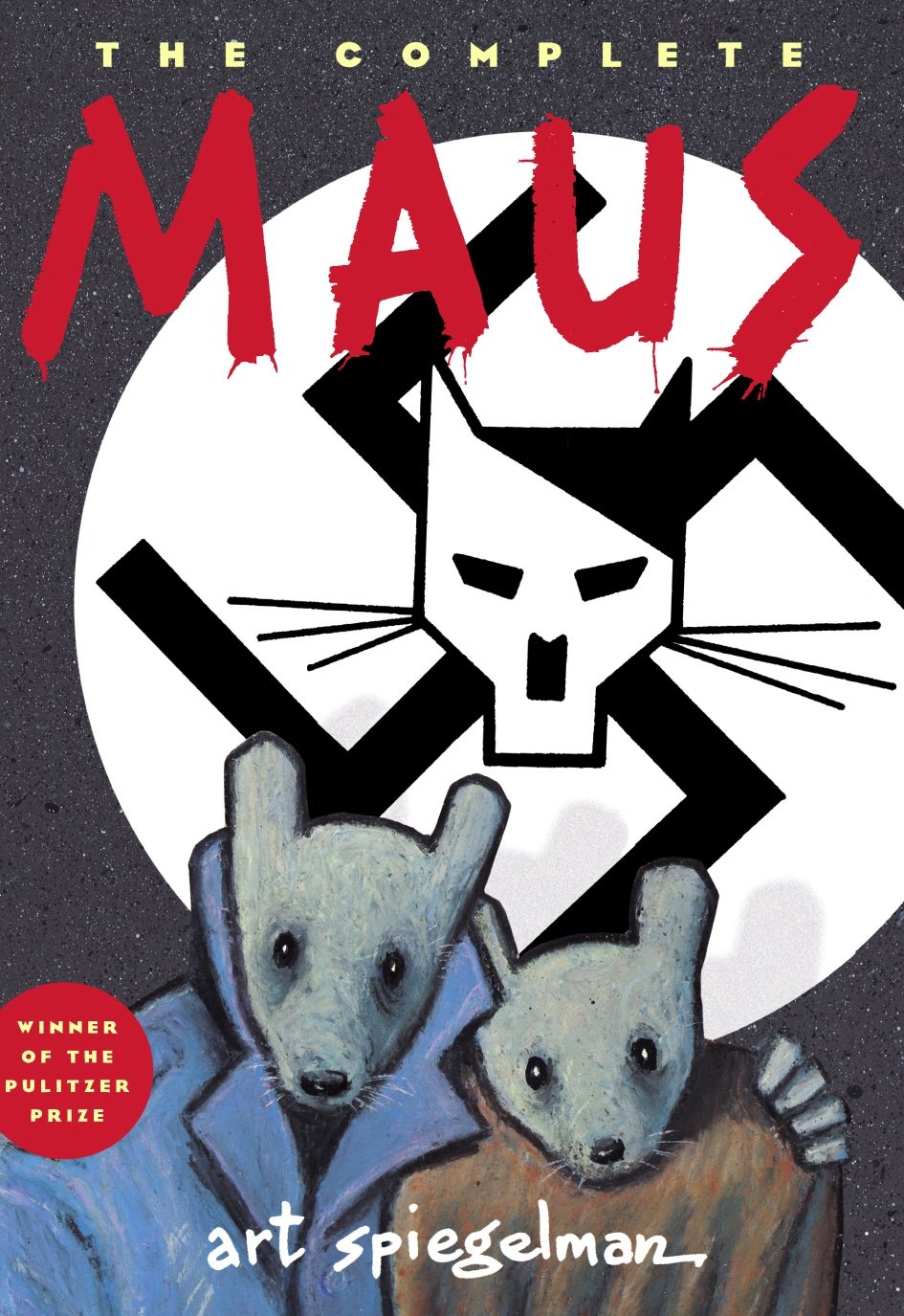
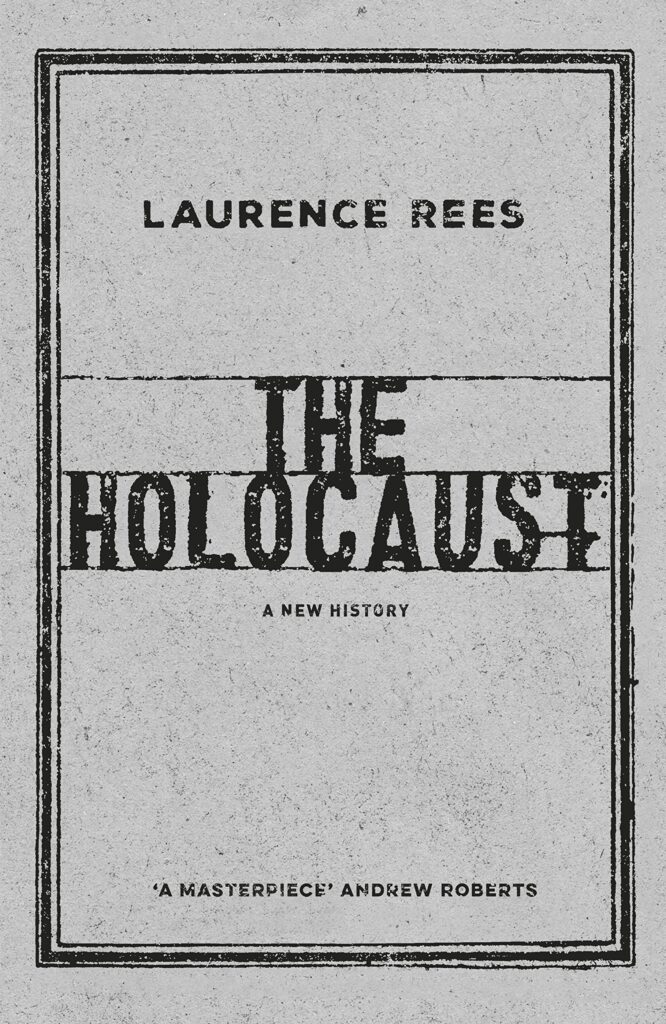
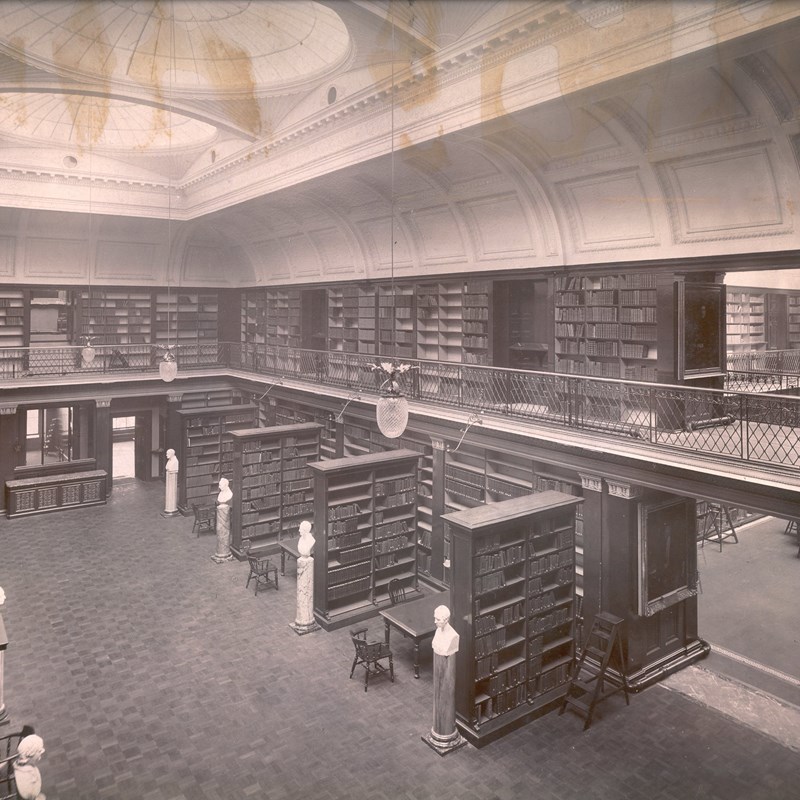
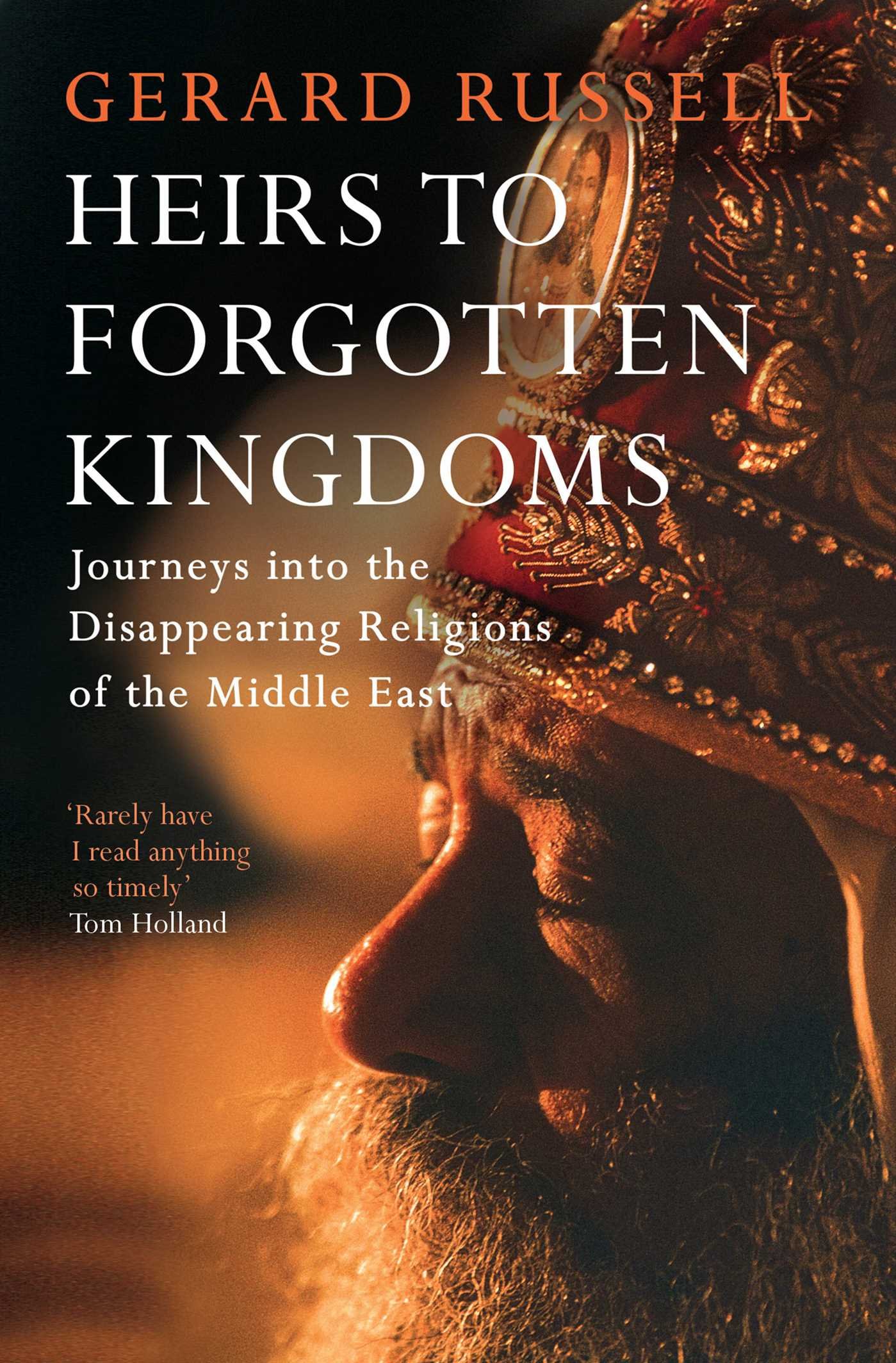
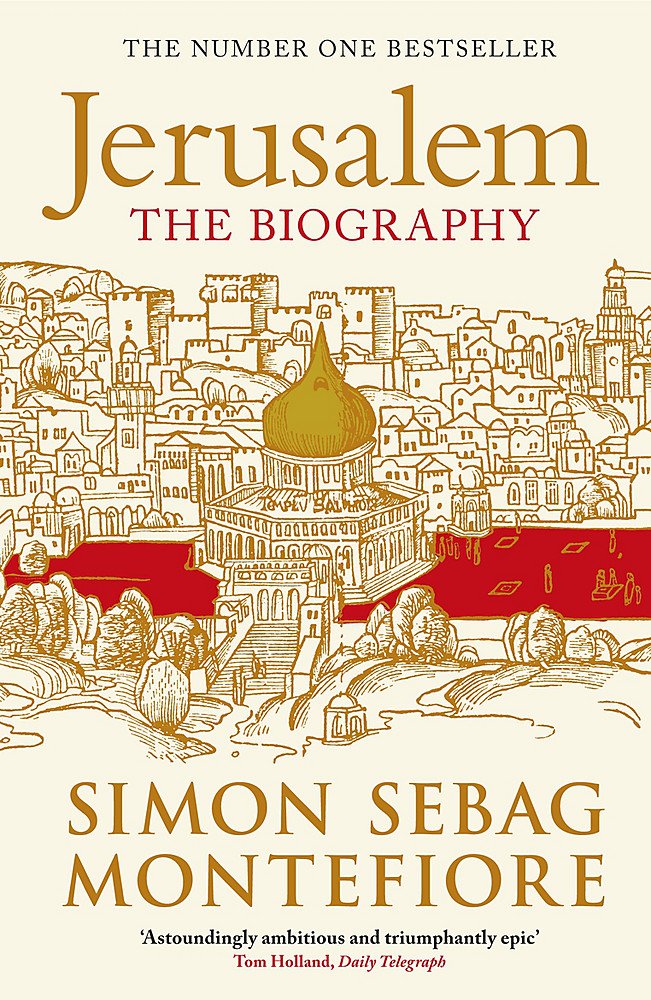
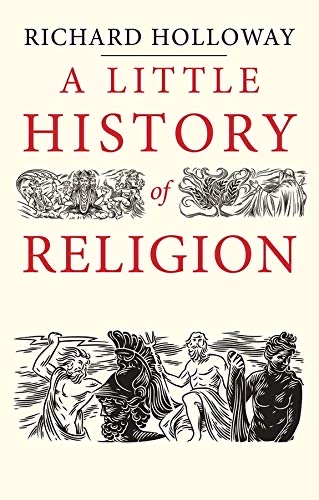
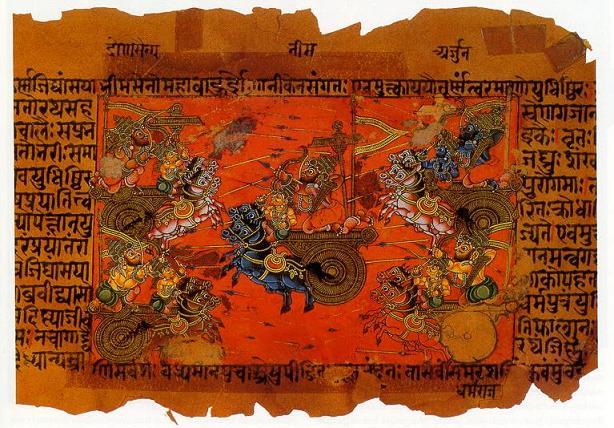
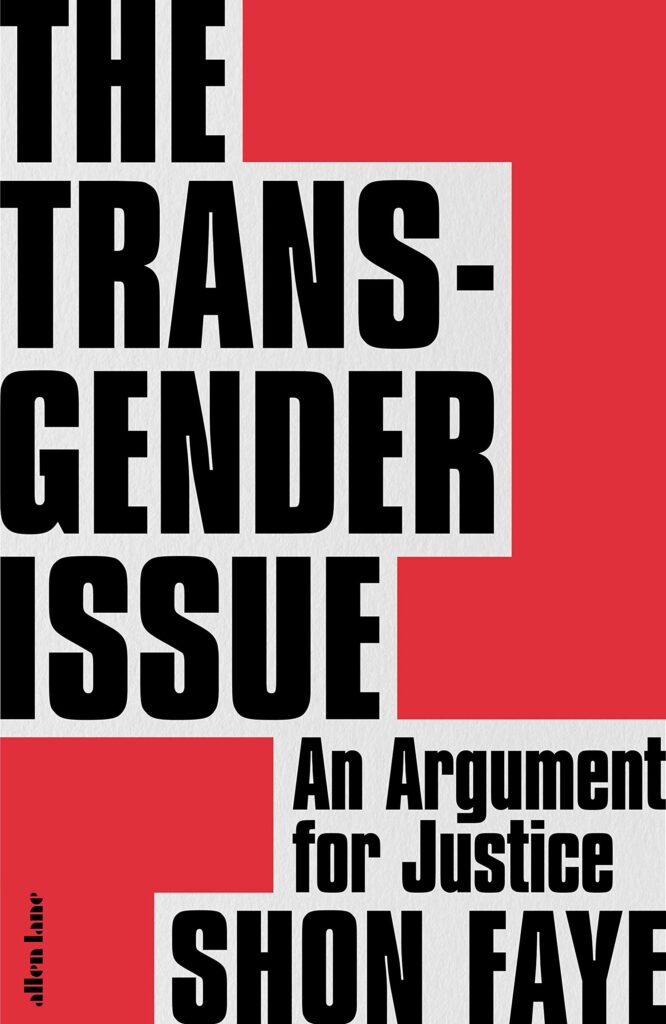

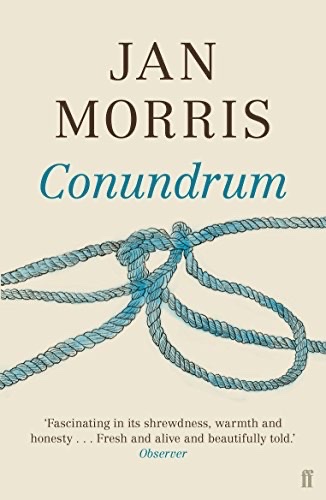
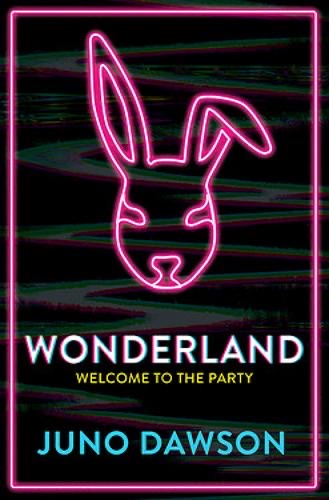
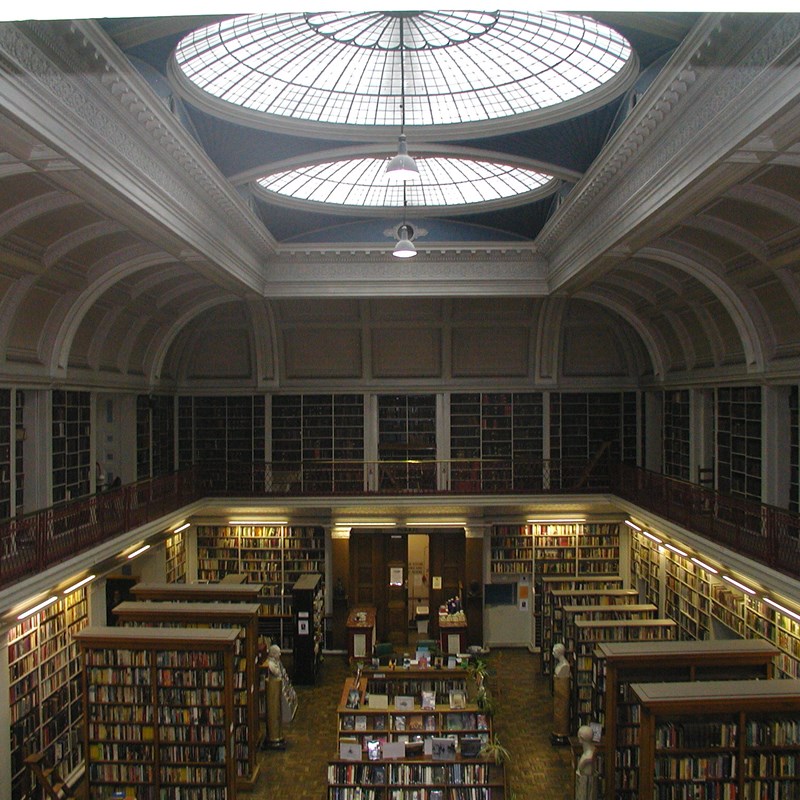
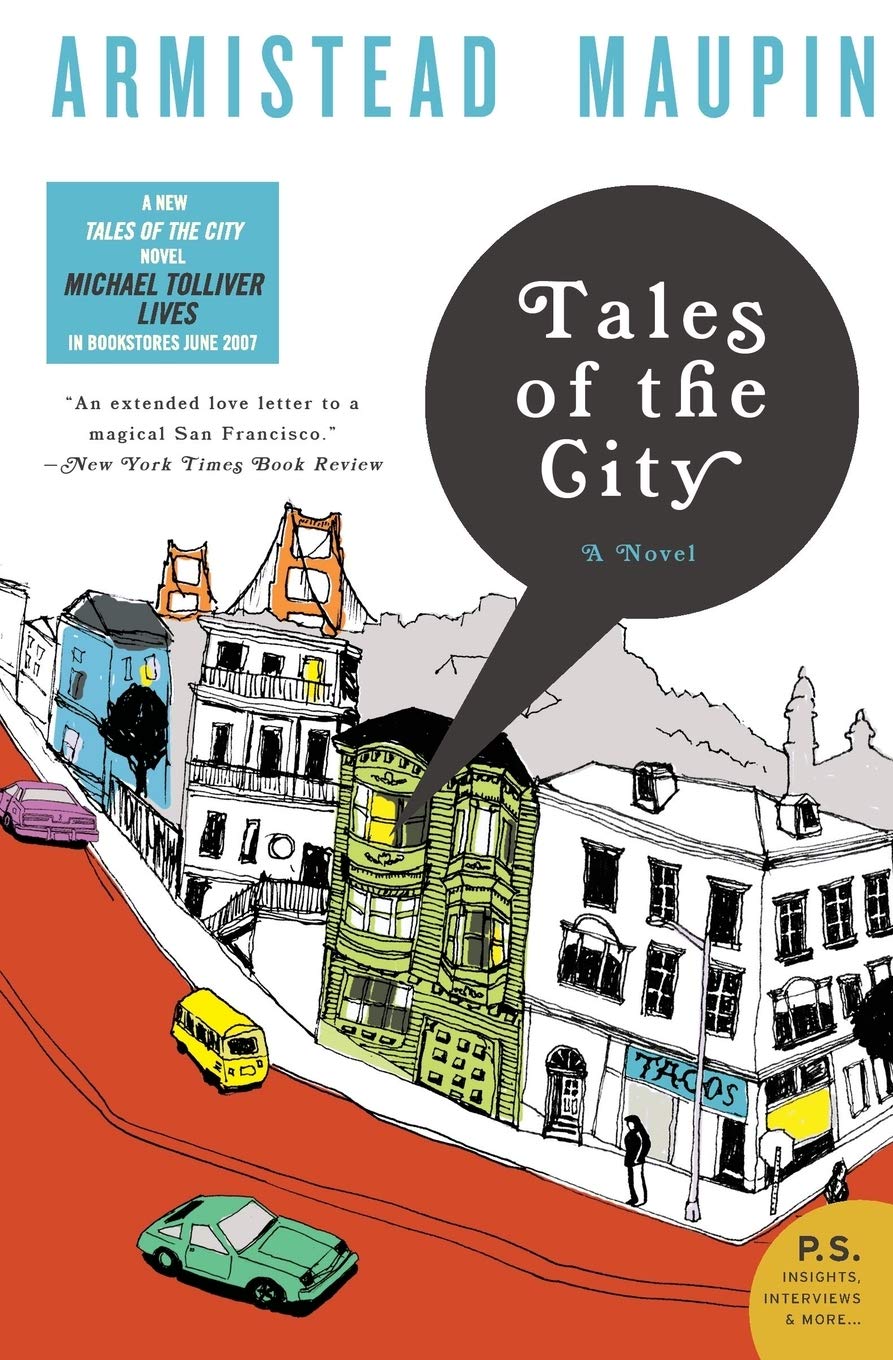
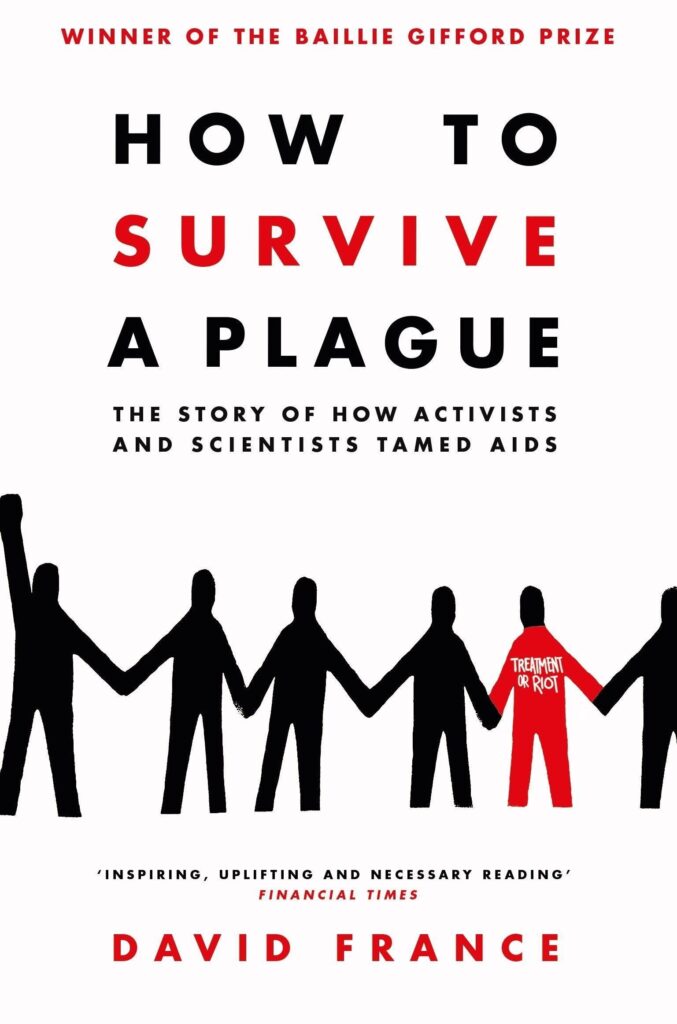
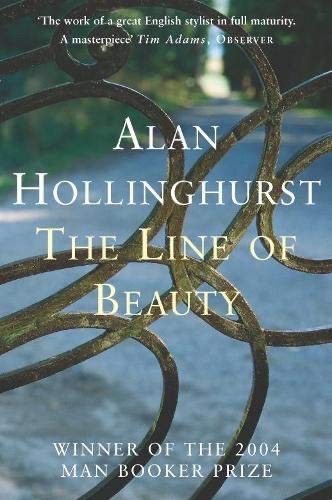
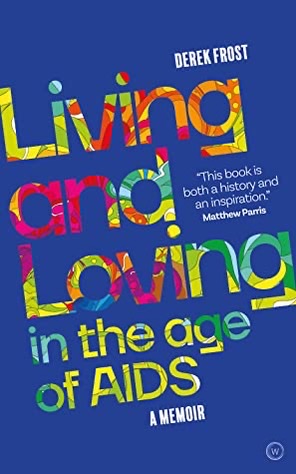
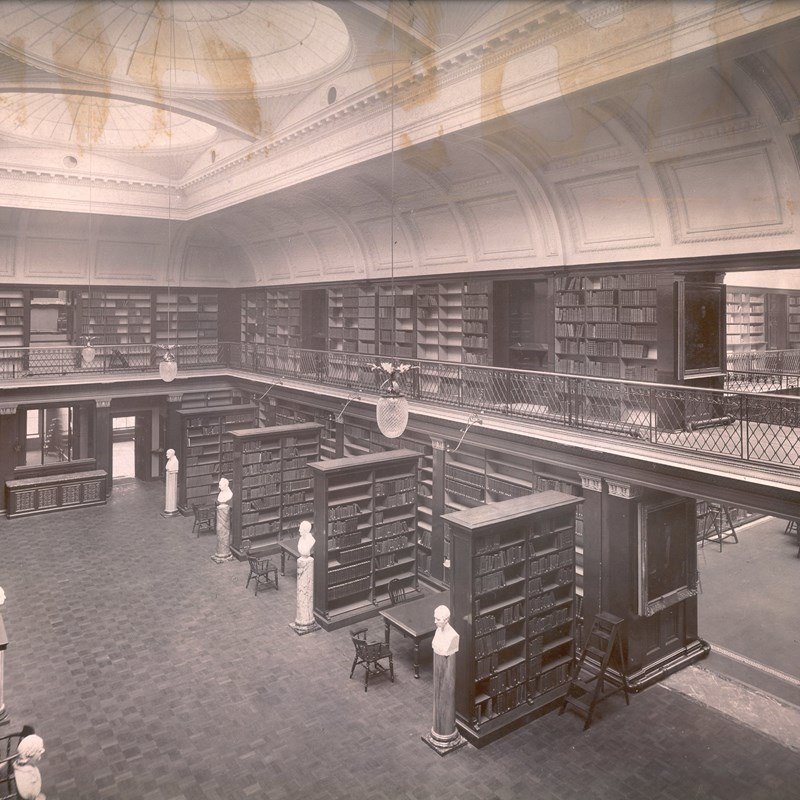
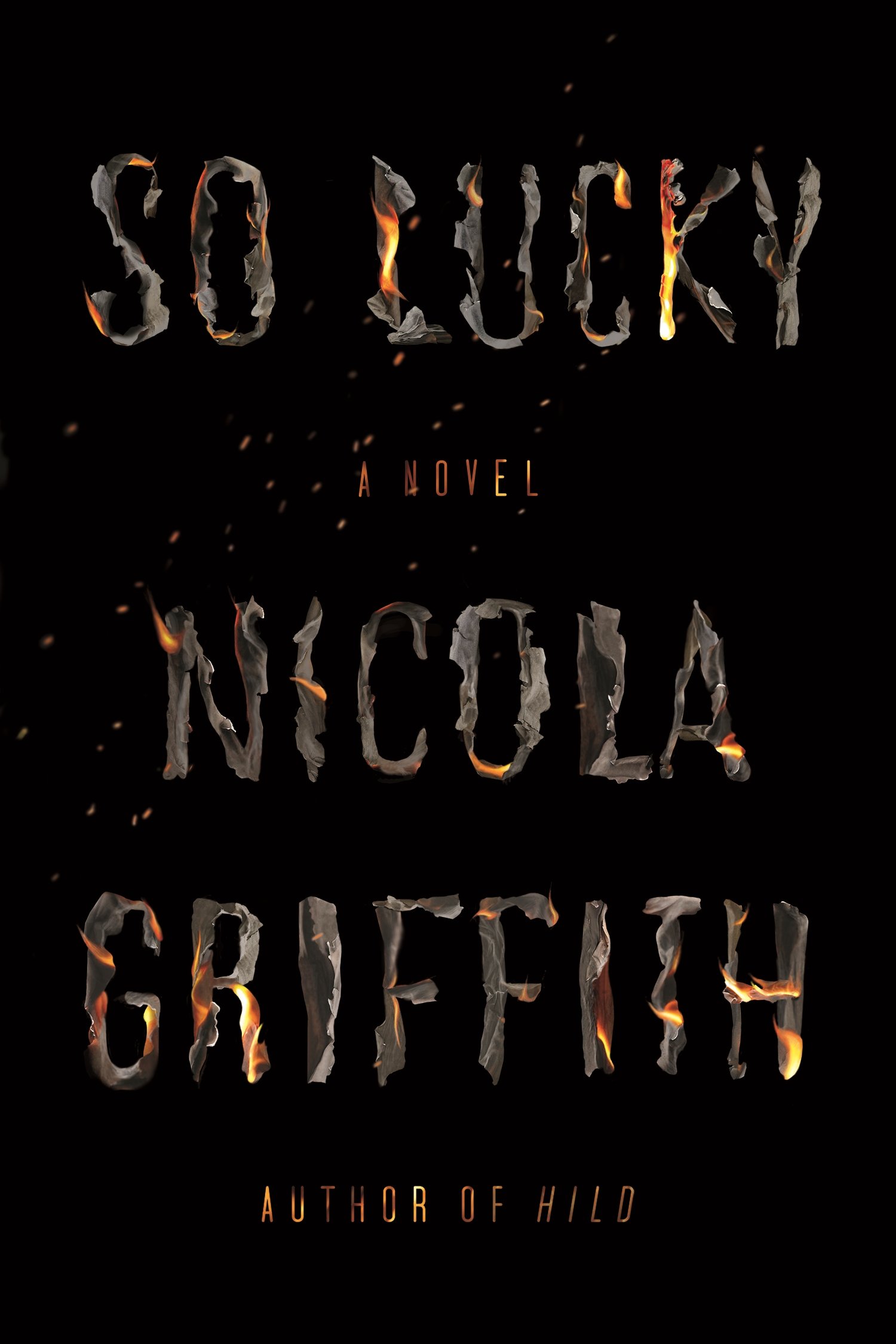
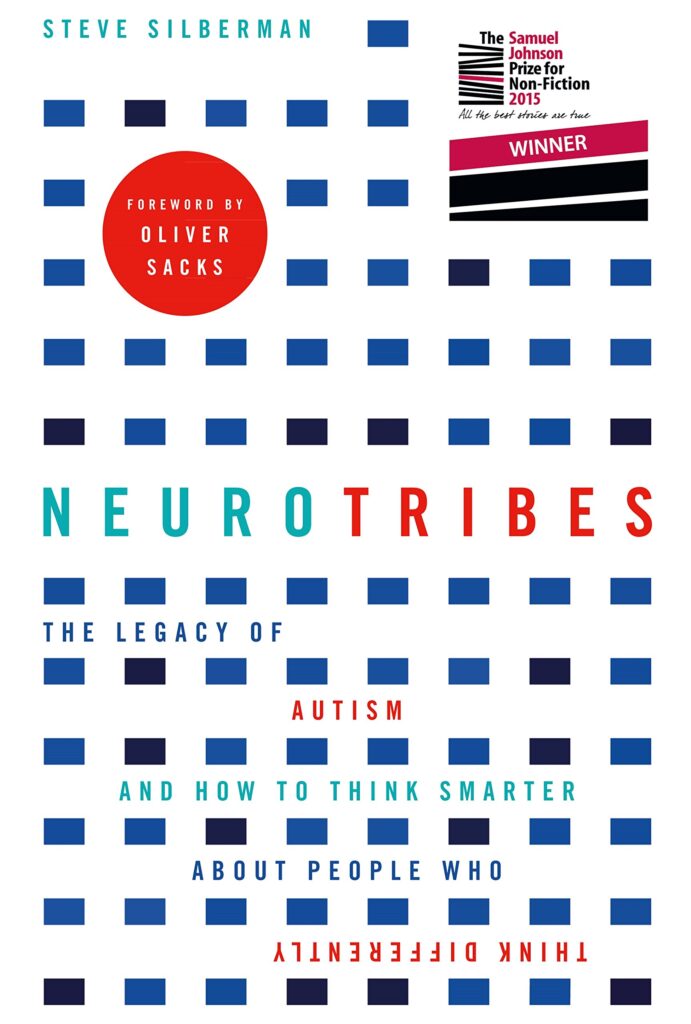
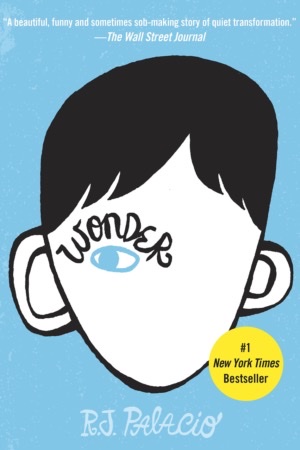

A wonderfully informative article on a very important topic, by a dear friend of mine. Shame as a pressing issue…